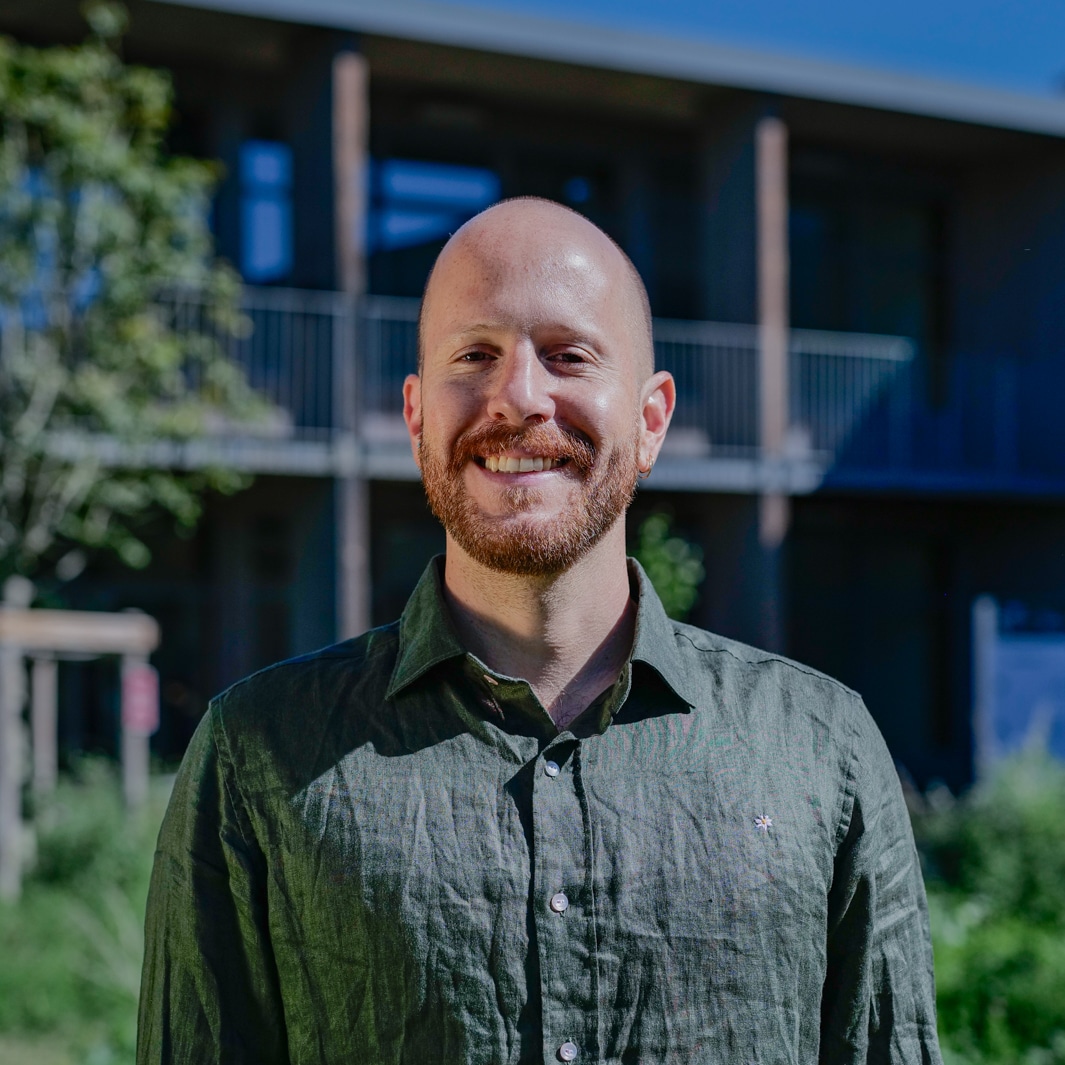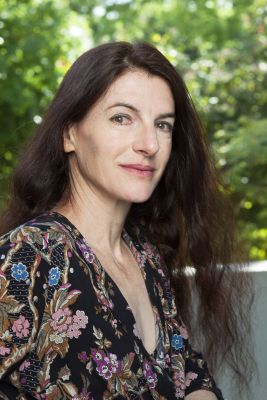
Paulo Wirz
Research project
Interpretable Objects
Project summary
Paulo Wirz’s research project explores the ambivalent duality of protection and aggression through an artistic and anthropological investigation of Mediterranean talismans, amulets, and symbolic artifacts. Drawing from the Mucem collections, he will use the medium of ceramics to develop a new body of work during his time in Marseille.
The duality of aggression and protection
Aggression and protection are often two sides of the same coin in human behaviour and social structures. The act of defending oneself or one’s community frequently carries with it the potential, or even the necessity, for aggression. Consider, for example, the architecture of a fort: conceived as a protective structure, it is simultaneously equipped for surveillance and offence. What is built to shield is also prepared to strike.
This duality reflects the idea that effective protection often requires the capacity to respond to or preempt aggression, sometimes through force. In this sense, the pursuit of security can entail a latent, or even overt, form of aggression, blurring the lines between care and control, defence and dominance.
Following this line of thought:
- Is aggression a necessary component of protection?
- Is the threat of aggression essential to effective defense?
- Does preparing for aggression ultimately make it inevitable?
Symbolic through Mediterranean talismans and amulets
During a five-month residency at Iméra in collaboration with the Mucem, Paulo Wirz will develop a new body of work exploring the symbolic and material duality of protection and aggression through Mediterranean talismans and amulets. These objects, rich in spiritual, cultural, and magical significance, fascinate the artist for their power to both shield and exert control. Drawing from the Mucem’s collection of protective artifacts, including weapons, masks, and ritual items, the project investigates how such objects mediate the visible and the invisible, the personal and the political, while reflecting on how the line between shelter and hostility, enchantment and deterrence, is often blurred.
Biography
Paulo Wirz (1990) was born and raised in Pindamonhangaba, Brazil. At the age of 18, he moved to Switzerland where he pursued his academic studies, earning a BA in Photography from ZHdK, Zurich, in 2017, and an MA in Fine Arts from HEAD, Geneva, in 2019. Working mostly with site-specific installations and large format sculptures, he also works with the medias of video, photography, and drawing.
In 2019, Wirz received the New Heads Prize, followed by the Swiss Art Awards in 2021. Between 2019 and 2022, he took part in residency programs at Fondazione Ratti in Como, ZQM in Berlin, Cité des Arts in Paris, and Pro Helvetia in Cairo. From 2023 to 2024, he was an Early Career Fellow at the Institute for Advanced Studies in Switzerland, Collegium Helveticum – ETH Zurich. In 2024, he was also a research fellow at the New Europe College in Bucharest.
His work has been exhibited at institutions such as Kunsthalle Basel (CH), Kunsthalle FriArt (CH), Centre d’Art Contemporain Genève (CH), Helmhaus (CH), Archivio Conz (DE), Wehrmühle (DE), Haus Konstruktiv (CH), Fondazione Ratti (IT), Palais de l’Athénée (CH), and Villa dei Cedri (CH), Kunsthalle Arbon(CH)



